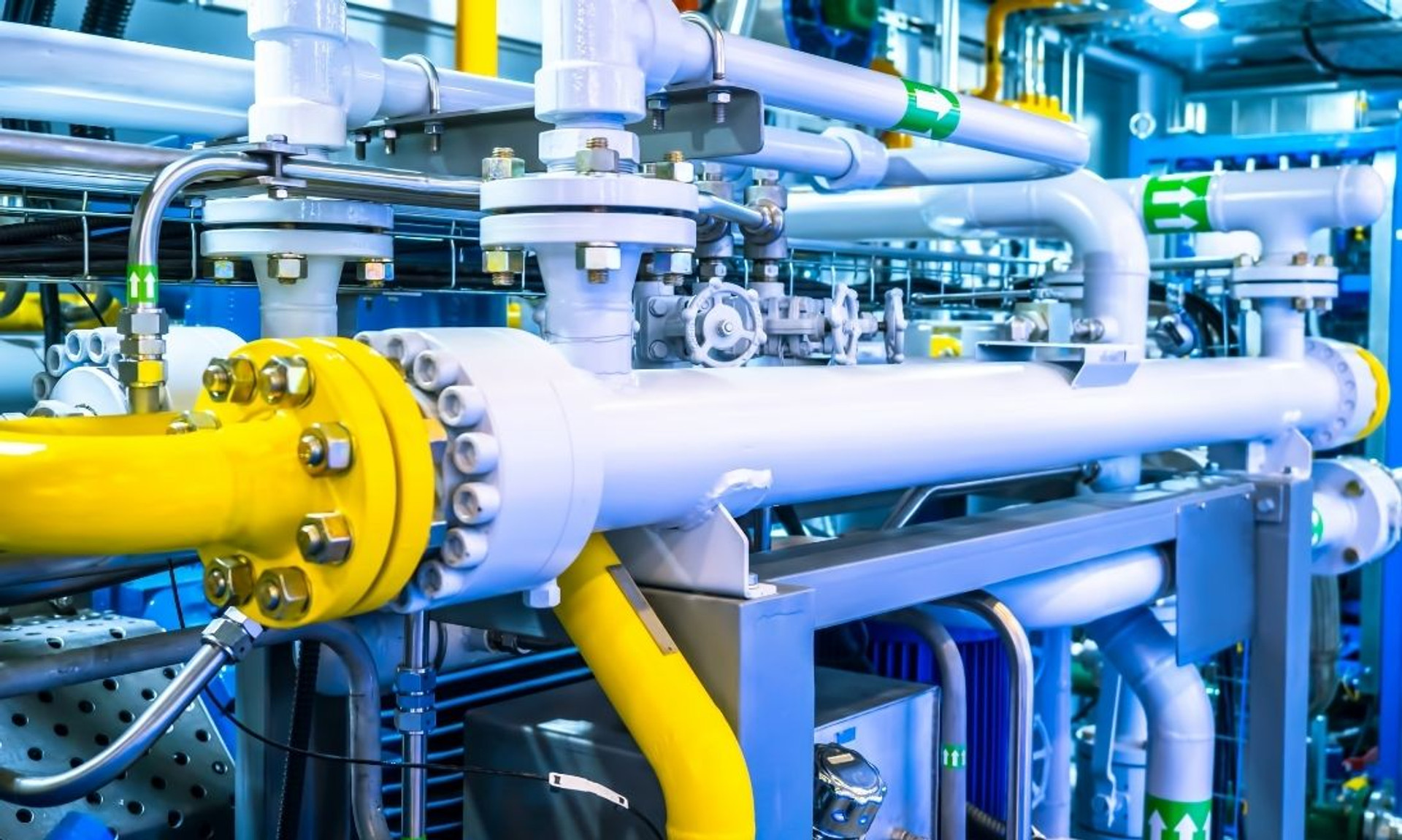The Differences Between Specialty and Industrial Gases
Having the proper insight into gases can mean the difference between the quality of the product you are investing in and the product altogether. The differences between specialty and industrial gases have clear and unclear definitions, and an industry standard has yet to be made. It’s wise to be well versed in gases when you’re in the market to purchase for your business needs.
Being Cautious About Your Gas Purchases
Before we get into the differences, we have an important reminder about being cautious. Do not settle for price gouging or even extreme discounts, as these can both greatly affect the quality of your product. Organizations that should set the standard for gas production, such as the EPA, have failed to provide such clarifications in the past and present.
It’s vital that accuracy and industry standards be met. Not all manufacturers label and specialize in their measurements in the same way. Processing, classification, and purity are all being processed differently, which also affects the integrity of the product.
The Cost of Gas Effects the Standard
Gas is not always cost-effective, especially with specialty gases. The processes that they go through in manufacturing—such as blending, analysis, and how they prepare cylinders differently from business to business—makes specialty gas production extremely expensive. As an example, a cylinder of an industrial gas costs $50 on average, while a specialty gas can cost up to $500.
Purity Standards Mean the Difference Between Gases
All gases have differing levels of purity. There are trace elements in gases that cause them to become different. Gases must forgo a purification process that will determine whether they have low or high purity. To be clear, the more expensive the gas determines the level of purity, which drives up the cost of specialty gases, and keeps the industrial gases cheaper.
Industrial gases contain a lower purity percentage, while specialty gases have specific standards, which come across in the way specialty gases are made. There are also what are known as simple and complex gases. Industrial gases remain simple, and due to this, they can be transported and bought in bulk. Specialty gases, however, have more specific standards, which means that in order to purchase any, you must first find a legitimate supplier.
Certification of Gases To Verify Purity
While there’s no true industry standard in place with many of the terms and conditions of gas production, there is one that stands as a mandate. A certificate of analysis or certificate of accuracy is generally awarded to manufacturers per item after being inspected for levels of purity.
Division of Gas Classifications
Gases remain a part of five separate classifications. Knowing what they are and how they are applied is something everyone should be aware of. Gases can be fuel, refrigerant, atmospheric, poisonous, or even have no connection with the types listed here. Both industrial and specialty can be any one of these classifications depending on how they are used.
There's a serious need for clarity and distinction between gases to uphold an industry standard. Because restrictions and governances have not been enforced, you must educate yourself on the differences between specialty and industrial gases. With this level of insight, you can safely know what you are purchasing and the quality of the product every time.

